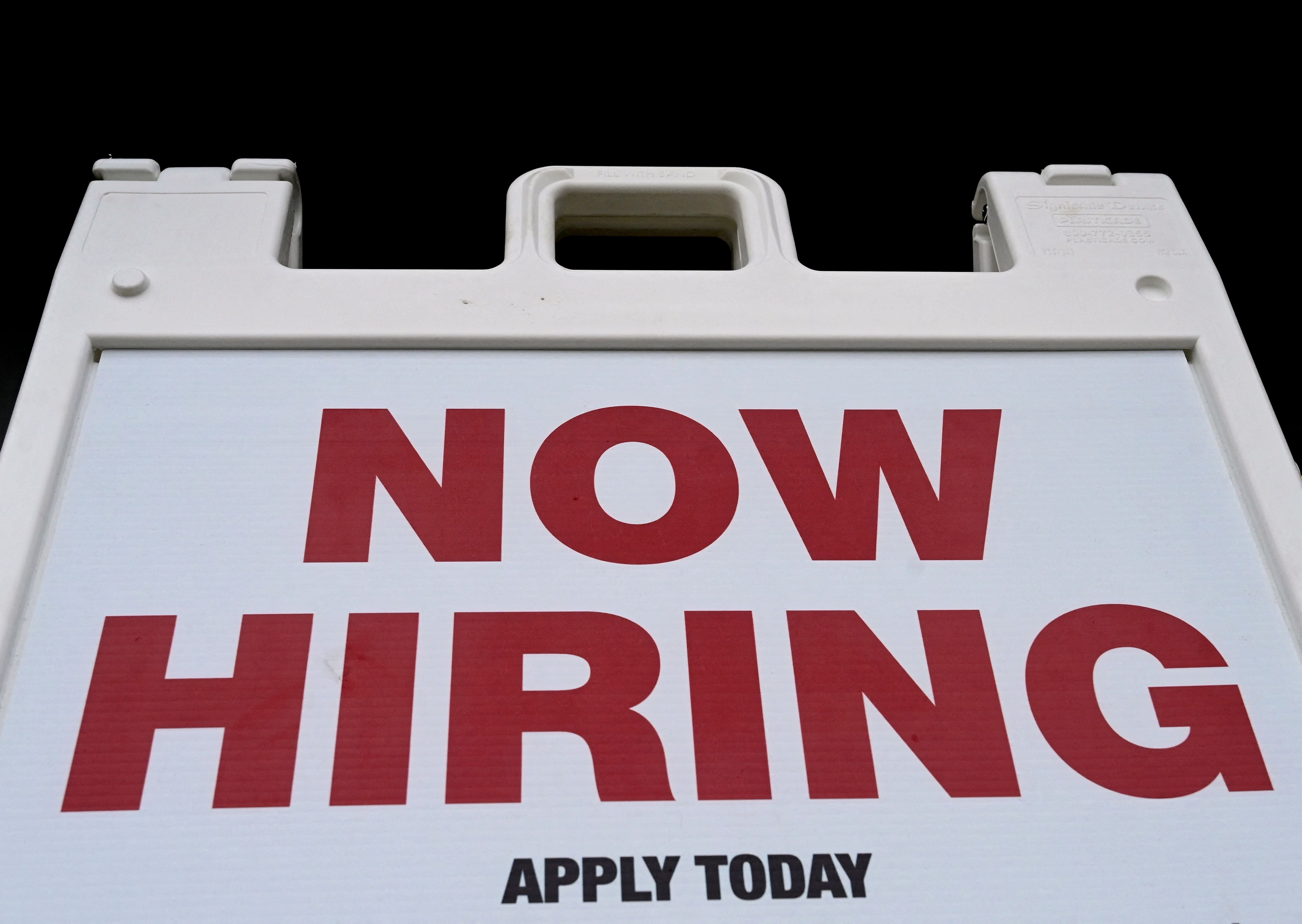From service jobs to executive positions, there is no shortage of opportunities for those who want lucrative and meaningful work. So, how are companies filling these positions and finding the best candidates?
Some companies are looking to those leaving military service to fill their ranks, offering support, accolades and transition programs to veterans—who they know bring unique skills and talents to their teams. And there are also non-profit organizations who help facilitate matching veterans and servicemen and women with employers.
Walmart, Hilton and many other companies make a point to not only hire veterans but actively seek them out for positions. And nonprofits like Helping our Heroes, FourBlock and the Honor Foundation work with veterans and retired servicemen and women on interview skills, resumes and job placements.
Companies say veterans are great hires: They have leadership experience; they are calm under pressure and they come with a ready-to-work ethic. Veterans are also easily trained and adaptable, valuing teamwork.
“The military is people-focused,” said Mike Abrams, founder and president of FourBlock, and a lieutenant colonel in the Marine Corps reserves. “You get great experience there.”
And veterans appreciate working in a company whose culture mirrors the service, focused on teamwork, leadership and support.
“Hilton has done an amazing job in recognizing that military service members have valuable experience that can be adapted into many roles after their time in service,” said Bryan Estrella, 29, who works as a Revenue Specialist at Hilton Revenue Management Consolidated Center.
Here’s a look at how a couple companies hire veterans, as well as some of the work being done by nonprofits to help veterans find the right fit in the civilian world.
Hilton
Hilton has a long history of supporting the military — in fact, founder Conrad Hilton served in the U.S. Army during WWI. The company launched Operation: Opportunity in 2013 and has since hired more than 35,000 veterans and military spouses. Hilton has also created a military-friendly culture, said Melissa Stirling, who is the senior director for Military Programs for the company and runs Operation: Opportunity.
“It is a tried-and-true focus for us,” Stirling said. “And our commitment is as strong as ever. It’s not an initiative. It’s who we are.”
Estrella said his time in the military helped him become more resilient and adaptable, and Hilton’s training and pro-military culture — especially when working around his National Guard schedule — means he can have success on both fronts.
Fellow Hilton employee Ted Peterson, 46, of Texas agrees. He is an analyst for the company and was a former Air Force recruiter. He said the company’s commitment to family and work life balance eased the transition.
“Hilton...actively encourages its team members to spend time with our significant others and to be present at home and at work,” Peterson said. “In my opinion, what sets Hilton apart from most organizations is their belief that team members are its greatest asset. That creates an environment for us to flourish both at work and home.”
Walmart
For years, Walmart has hired veterans and military spouses find employment — hiring more than 250,000 since 2013. It’s Find-A-Future program has online tools for veterans to assess their skills and connect them with jobs with the company, through education or as an entrepreneur.
Brynt Parmeter, a veteran himself, is Senior Director of Military Programs for Walmart.
“(This program) helps take the guesswork out of someone’s post military landing place,” he said.
He said under the program, veterans can connect the dots from their past, present and what they want in the future and forge a career path.
“It’s a more deliberate, more thoughtful process,” he said. “People appreciate that.”
Walmart also has partnerships with organizations that work with veterans, like Hiring our Heroes and the company has associate resource groups that facilitate a sense of community and belonging — for veterans and more — to help associates at work and beyond.
Non-profit organizations
While companies have their own programs for veterans and military spouses, there are also several organizations working to help veterans with post-service employment and education. FourBlock, Helping Our Heroes and the Honor Foundation (which works exclusively with former special operations forces personnel) offer training, resume help, career fairs and assessments and other key services to veterans and their spouses.
The Honor Foundation offers executive style cohort experiences focused on helping elite warriors transition to the corporate world. The three-phase program helps veterans find their passion, weaves in what they need for job interviews or graduate level study and then get real-world practice at networking events and company visits.
“We help them choose their next adventure,” said Lindsay Cashin, vice president of people for the Honor Foundation.
Carla Miller is a military spouse and senior manager and Career Connector for Hiring Our Heroes, a program of the U.S. Chamber of Commerce Foundation that connects the military community (service members, their spouses and veterans) with companies for employment opportunities.
She said her job is helping veterans leverage their unique skills in the workplace. Veterans, she said, can downplay their skills because in the military, you are part of a team and not always encouraged to toot your own horn, so to speak.
Since the pandemic, she said there have been even more job seekers—but it’s also increased remote work (something that benefits military spouses and transitioning servicemen and women).
And Helping our Heroes has a fellowship program that allows current military personnel “try on” a job for size in a sort of internship program.
“We already know what corporate America wants,” Miller said. “So, we try to fill that gap by helping veterans with a great resume, interview skills and we always try to help them land meaningful work.”




